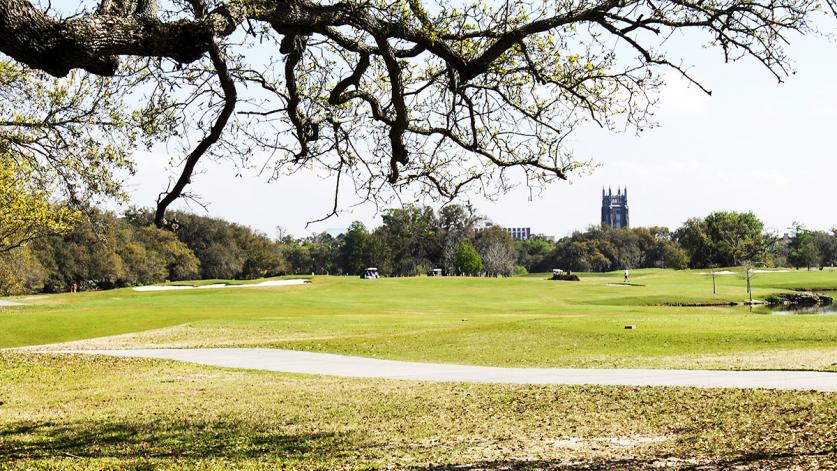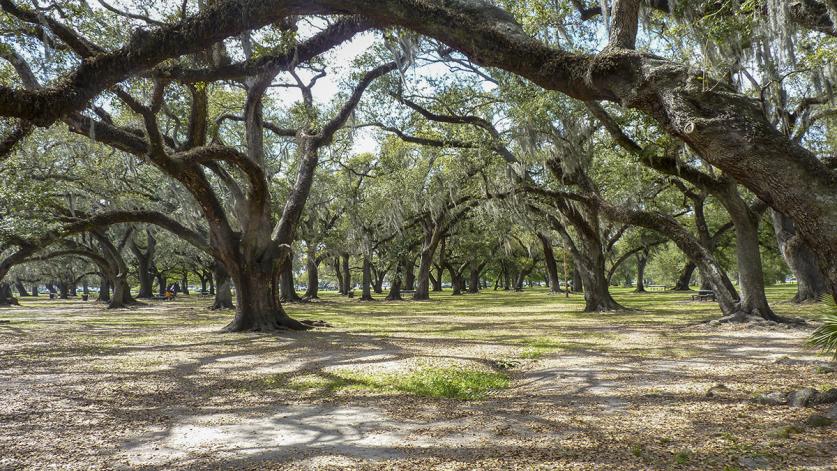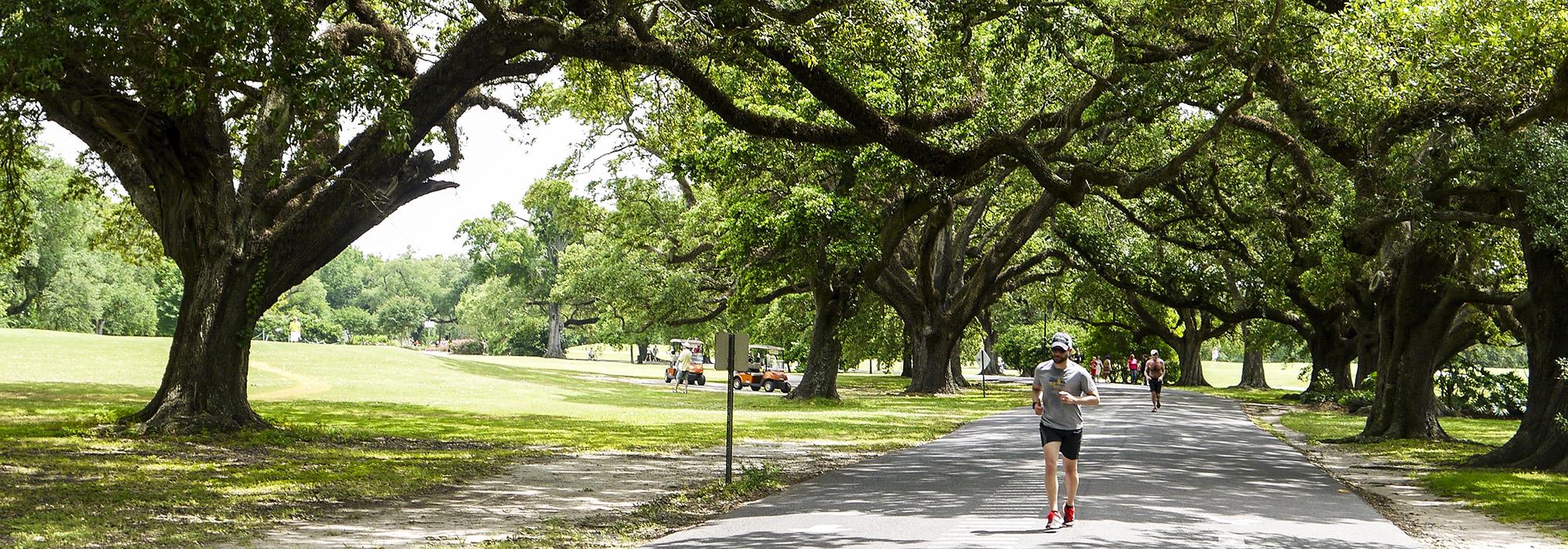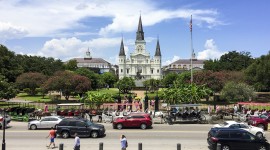New Orleanians Vote to Renew and Reallocate Park Millages
On Saturday, May 4, New Orleans voters approved a twenty-year renewal of the millages (amounts per $1,000 of property taxes) that benefit most of the city’s parks and recreational spaces, simultaneously redistributing funding among four agencies. Under the new scheme, a portion of tax-based revenues formerly received by the Audubon Commission, which controls Audubon Park and several other entities, will be divided among the New Orleans Recreation Development Commission (NORDC), the city's Department of Parks and Parkways, and New Orleans City Park.

An estimated ten percent of eligible voters turned out at the polls, with 76 percent of them approving the plan. The measure, which will not increase property taxes, was also heavily endorsed by Mayor LaToya Cantrell and the City Council.
Beginning in 2021, the Audubon Commission’s share of property taxes will thus be approximately $6.4 million annually, reducing the current amount by $4.5 million. That difference will be divided among the NORDC, which will receive an extra $1.5 million, the Department of Parks and Parkways, with an extra $1 million, and City Park, which will gain an estimated $2 million per year—the first time in the park’s history that it will benefit from funding from property taxes. With a budget of $19.5 million for FY2019, City Park currently raises 90 percent of its annual revenues through self-generated programs and fees, which has led to the progressive reduction of open, freely accessible green space, as parkland is sacrificed for fee-based, sports and recreational activities.

Although less reported but certainly consequential, the measure also includes provisions for a Cooperative Endeavor Agreement (CEA) that outlines greater collaboration among parks officials with regard to programming, planning, and maintenance. Under the agreement, a citywide master plan for parks and recreational spaces will also be produced. Although the four recipient agencies together control some 85 percent of New Orleans parkland, there have never been efforts to coordinate the management of these significant public resources. According to Nola Parks for All, the CEA is a “major step forward” and mandates that the master plan “be updated every ten years and facilitated by a qualified third party with national park experience.”
The recent vote followed a 2014 initiative aimed at increasing and extending, for 50 years, the property tax allocated solely for the Audubon Commission, along with the zoo and aquarium that it manages. That measure failed at the ballot box by a nearly two-to-one margin.










